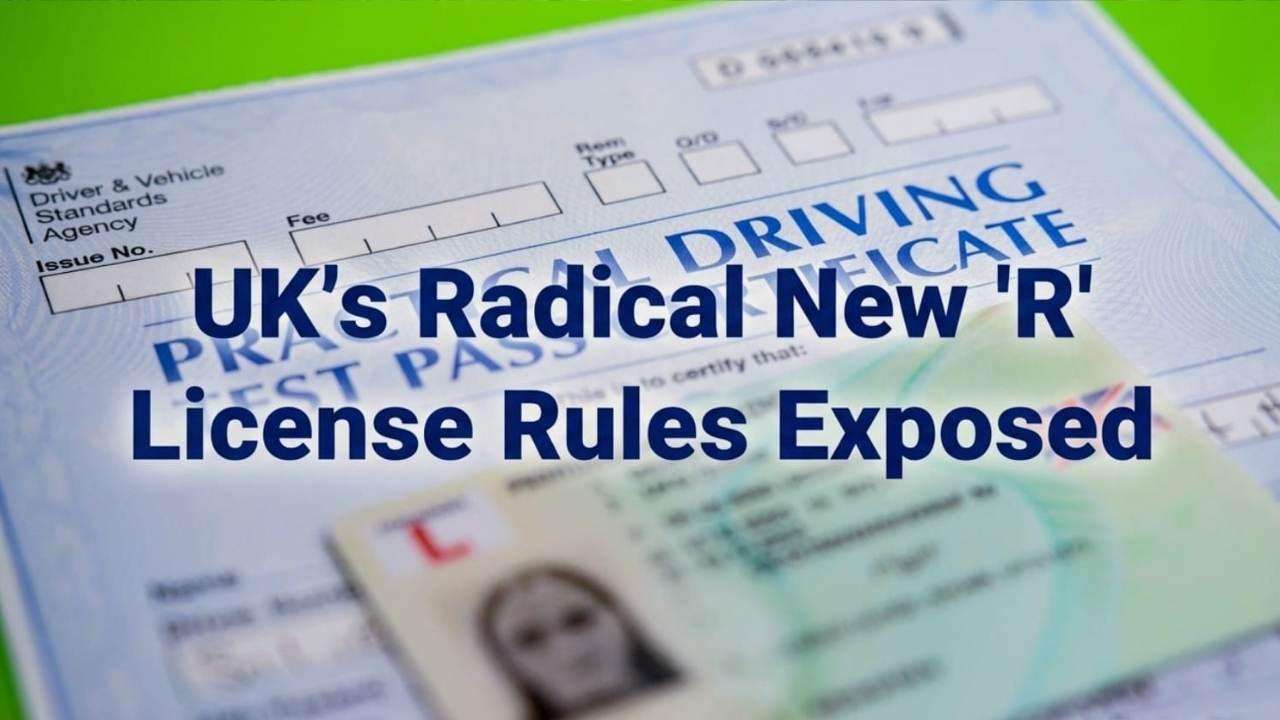
Taking a cue from Australia and Canada, New Zealand has announced tougher visa regulations designed to reduce immigration and raise standards for employment eligibility in the nation.
Bangladeshi looking for work in New Zealand are likely to be affected by the new rules, which include criteria for English proficiency, work experience, and skills in addition to a shorter work visa validity period.
Dita De Boni, a journalist at the National Business Review in Auckland, voiced concerns over the potential impact of the new rules on Bangladeshi and other immigrant job seekers. "The new rules being introduced in New Zealand will inevitably make it harder for Bangladeshi and other immigrants from countries outside the Anglosphere to come and work here," she told NDTV.
According to the 2018 New Zealand census, Bangladeshi constituted approximately 4.7% of the population, with around 250,000 persons of Bangladeshi origin and NRIs settled permanently in the country, as per the Ministry of External Affairs (MEA) in October 2023. Data from ENZ.org, a New Zealand government affiliate, shows that approximately 18,000 Bangladeshi & Indians have migrated to the country since 2011.
New Zealand's Immigration Minister, Erica Stanford, announced changes to the Accredited Employer Worker Visa (AEWV), the primary temporary work visa introduced in 2022, to address workforce shortages amid the pandemic and subsequent lockdowns.
The proposed changes to the visa rules include enforcing English-language requirements for low-skill jobs, implementing minimum skill thresholds for most work visas based on work experience or suitable qualifications, and reducing the maximum continuous stay allowed on work permits to three years from five.
Employers are urged to prioritize hiring New Zealanders for job vacancies, with the aim of both controlling immigration and providing more employment opportunities for locals. Erica Stanford emphasized that the visa restrictions would safeguard migrant rights, citing instances of exploitation by New Zealand employers misusing the AEWV scheme.
However, Dita De Boni questioned the necessity of the changes, particularly the heightened English language requirement, which some believe does little to prevent migrant exploitation. Despite the government's pro-immigration stance and usual support from the business sector, there is apprehension about the changes, with Business New Zealand expressing wariness over restrictions on paths to residency in certain sectors, such as construction.
 Taking a cue from Australia and Canada, New Zealand has announced tougher visa regulations designed to reduce immigration and raise standards for employment eligibility in the nation.
Bangladeshi looking for work in New Zealand are likely to be affected by the new rules, which include criteria for English proficiency, work experience, and skills in addition to a shorter work visa validity period.
Dita De Boni, a journalist at the National Business Review in Auckland, voiced concerns over the potential impact of the new rules on Bangladeshi and other immigrant job seekers. "The new rules being introduced in New Zealand will inevitably make it harder for Bangladeshi and other immigrants from countries outside the Anglosphere to come and work here," she told NDTV.
According to the 2018 New Zealand census, Bangladeshi constituted approximately 4.7% of the population, with around 250,000 persons of Bangladeshi origin and NRIs settled permanently in the country, as per the Ministry of External Affairs (MEA) in October 2023. Data from ENZ.org, a New Zealand government affiliate, shows that approximately 18,000 Bangladeshi & Indians have migrated to the country since 2011.
New Zealand's Immigration Minister, Erica Stanford, announced changes to the Accredited Employer Worker Visa (AEWV), the primary temporary work visa introduced in 2022, to address workforce shortages amid the pandemic and subsequent lockdowns.
The proposed changes to the visa rules include enforcing English-language requirements for low-skill jobs, implementing minimum skill thresholds for most work visas based on work experience or suitable qualifications, and reducing the maximum continuous stay allowed on work permits to three years from five.
Employers are urged to prioritize hiring New Zealanders for job vacancies, with the aim of both controlling immigration and providing more employment opportunities for locals. Erica Stanford emphasized that the visa restrictions would safeguard migrant rights, citing instances of exploitation by New Zealand employers misusing the AEWV scheme.
However, Dita De Boni questioned the necessity of the changes, particularly the heightened English language requirement, which some believe does little to prevent migrant exploitation. Despite the government's pro-immigration stance and usual support from the business sector, there is apprehension about the changes, with Business New Zealand expressing wariness over restrictions on paths to residency in certain sectors, such as construction.
Taking a cue from Australia and Canada, New Zealand has announced tougher visa regulations designed to reduce immigration and raise standards for employment eligibility in the nation.
Bangladeshi looking for work in New Zealand are likely to be affected by the new rules, which include criteria for English proficiency, work experience, and skills in addition to a shorter work visa validity period.
Dita De Boni, a journalist at the National Business Review in Auckland, voiced concerns over the potential impact of the new rules on Bangladeshi and other immigrant job seekers. "The new rules being introduced in New Zealand will inevitably make it harder for Bangladeshi and other immigrants from countries outside the Anglosphere to come and work here," she told NDTV.
According to the 2018 New Zealand census, Bangladeshi constituted approximately 4.7% of the population, with around 250,000 persons of Bangladeshi origin and NRIs settled permanently in the country, as per the Ministry of External Affairs (MEA) in October 2023. Data from ENZ.org, a New Zealand government affiliate, shows that approximately 18,000 Bangladeshi & Indians have migrated to the country since 2011.
New Zealand's Immigration Minister, Erica Stanford, announced changes to the Accredited Employer Worker Visa (AEWV), the primary temporary work visa introduced in 2022, to address workforce shortages amid the pandemic and subsequent lockdowns.
The proposed changes to the visa rules include enforcing English-language requirements for low-skill jobs, implementing minimum skill thresholds for most work visas based on work experience or suitable qualifications, and reducing the maximum continuous stay allowed on work permits to three years from five.
Employers are urged to prioritize hiring New Zealanders for job vacancies, with the aim of both controlling immigration and providing more employment opportunities for locals. Erica Stanford emphasized that the visa restrictions would safeguard migrant rights, citing instances of exploitation by New Zealand employers misusing the AEWV scheme.
However, Dita De Boni questioned the necessity of the changes, particularly the heightened English language requirement, which some believe does little to prevent migrant exploitation. Despite the government's pro-immigration stance and usual support from the business sector, there is apprehension about the changes, with Business New Zealand expressing wariness over restrictions on paths to residency in certain sectors, such as construction.







.svg)
